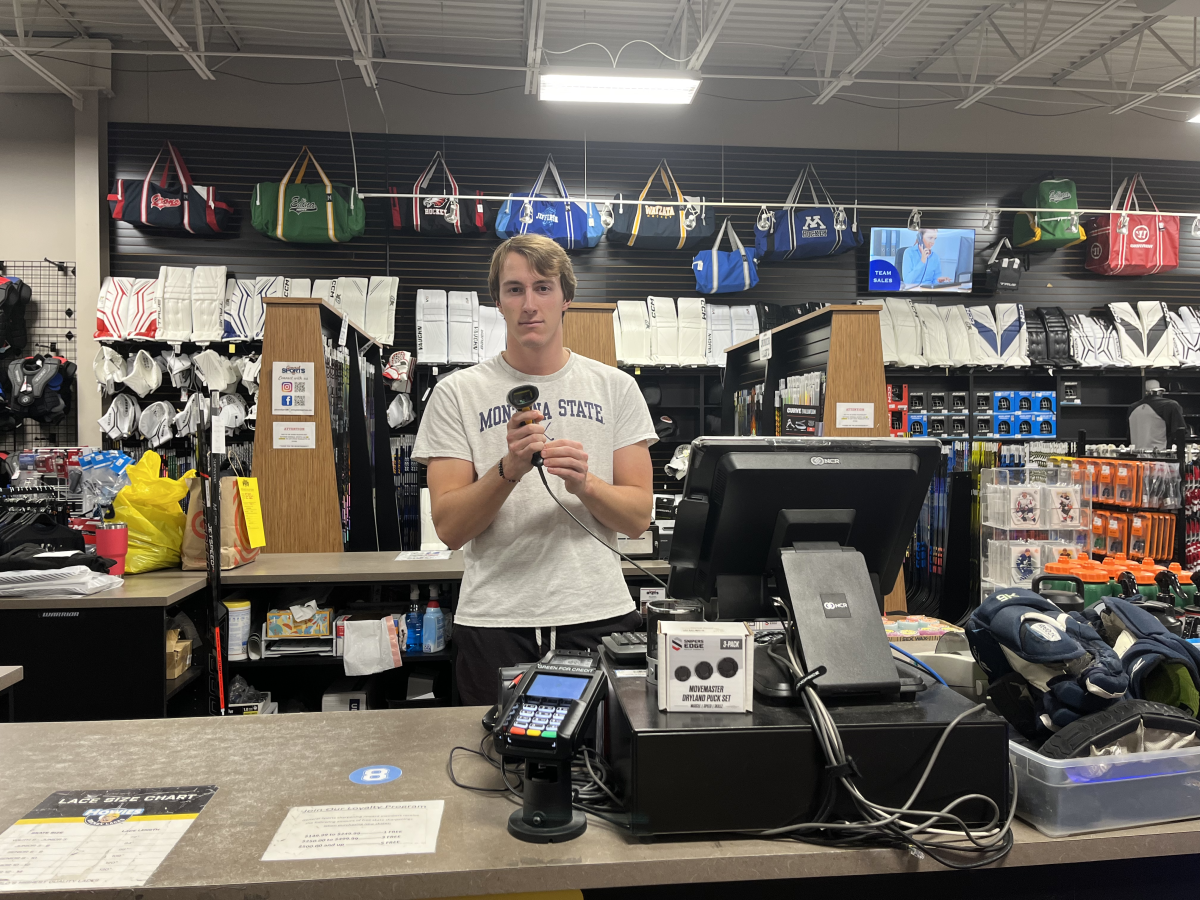Whether it is a sport or a club, the majority of Benilde-St. Margaret’s students participate in some form of extracurricular activity. However, some students have the difficult task of working a job during the school year. Managing an extracurricular activity with schoolwork can be difficult, especially for students with jobs.
Having a job outside of school is a different commitment for every student, mainly depending on the amount of time students spend working a week. Often, the hours a student works per week play a part in the student’s time management. Senior Robby McGowan works upwards of 35 hours a week, something that the Internal Revenue Service (IRS) officially classifies as a full-time job. In order to complete such a high number of weekly hours, McGowan often travels directly from school to work without any downtime, making it much more difficult for him to properly manage his workload. “I like my job and being part of the Scheels family, but heading to work directly after school on a Monday afternoon isn’t usually all that enjoyable,” McGowan said.
Even though a student working a job might not go directly from school to work, they generally aren’t allotted much time outside of homework while at home. At Benilde-St. Margaret’s, students have to complete assignments for anywhere from four to eight classes, and employed students frequently struggle to find the time to do their homework, study for tests, or try to get ahead on their assignments. Senior Charlie Moen often works hours later in the evening, meaning he has to prioritize doing his homework immediately after getting home from school. “Sometimes I get home after late shifts and have a couple hours of homework to do if I didn’t get it done earlier in the day, and that isn’t fun,” Moen said.
Nevertheless, having a job while in high school doesn’t always mean you have to work during the school year. Many students at Benilde-St. Margaret’s have summer jobs. A downside of only working for three months of the year is that students are not able to earn as much money, considering their overall yearly hours are cut down. However, only working for a fourth of the year also has many benefits. Students are able to fully focus on their studies while school is in session, and have much more time to participate in other extracurriculars, such as sports or clubs. Senior Avery Nelson, a head lifeguard for the Minneapolis Parks and Recreation Board, believes that keeping your work and school hours separated is the best way to maintain academic success while also making money. “Having a strict schedule where I work for three months and then focus on school is the best because then I still have time for hobbies, sports, and hanging out with friends, [but] doing both makes it hard for me to find time to do the things I love,” said Nelson.
Additionally, not having a linear flow of money year-round teaches students the importance of budgeting and how to avoid overspending. Students who have jobs can often feel as though their paychecks are burning a hole in their pockets, spending money excessively on eating out, clothes, or other things they don’t necessarily need. Budgeting is a valuable skill that students can learn through working for certain months during the year. Getting summer earnings to last throughout the entire school year and into next summer is a learning experience for students. This gives them an opportunity to budget in a low-stakes environment, rather than later in life when they will need to pay for expenses like rent, electricity, and water. Nelson uses this opportunity to learn how to invest his money in order to have a more positive long-term profit. “Even while working for three months and then investing what I can, I feel like I always have enough spending money saved up to last throughout the school year,” Nelson said.
Although working a job is stressful at times, it has the potential to teach students valuable lessons that will be applicable to future jobs and experiences. The majority of jobs worked by high school students are entry-level positions such as lifeguard, cashier, babysitter, or barista. These jobs have students interacting with customers face to face, an essential skill used to collaborate in higher-level jobs that students will pursue after college. “Even though I’m just packaging orders, I have to communicate with my coworkers in order to be as efficient as possible, otherwise we’ll fall behind,” said McGowan.
Being an active member of the workplace is stressful, and learning the fundamentals of a work environment is something better done sooner than later. Students can get a jump-start in this process by applying for either summer or year-round jobs while in high school. Having a job while still in high school can help students accumulate working environments as well as provide them with opportunities to practice real-world skills without the greater challenges that are prevalent later in life.



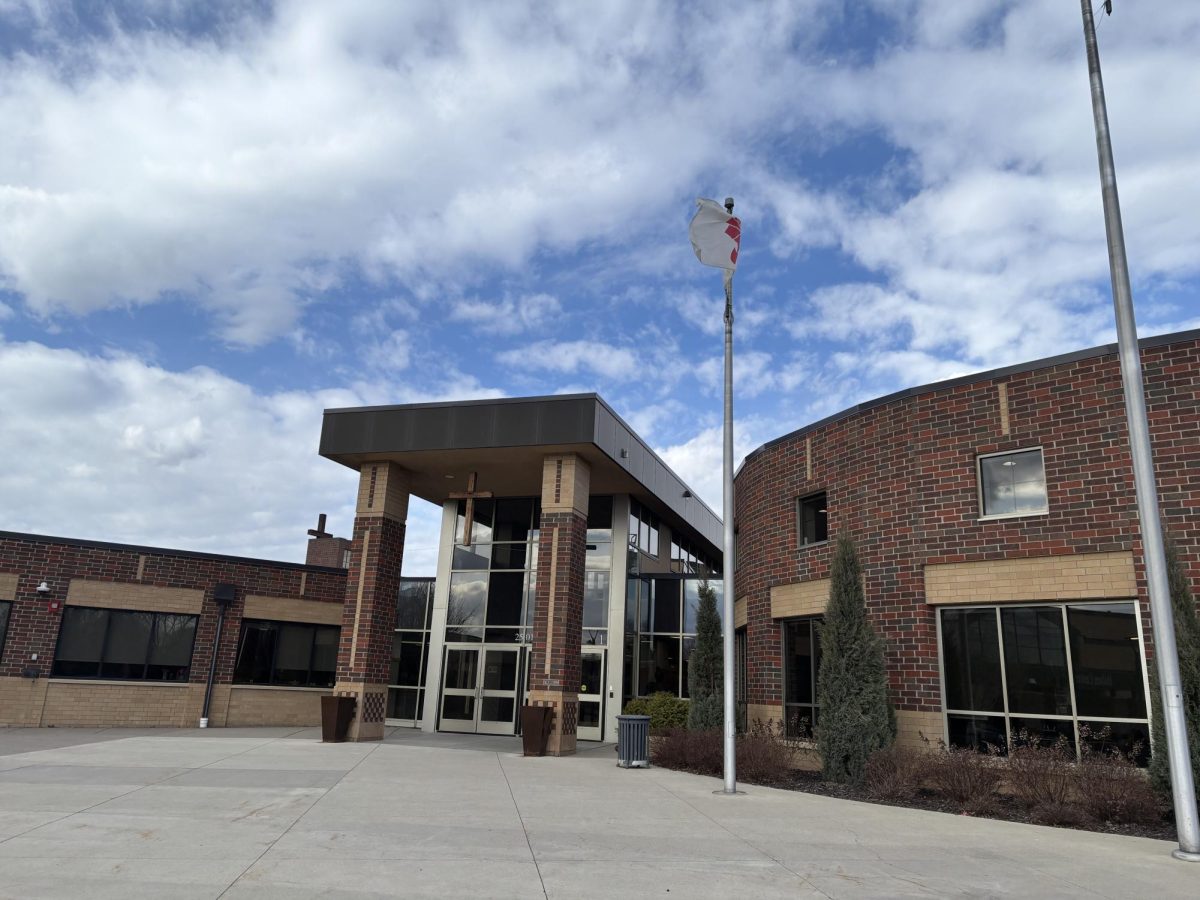

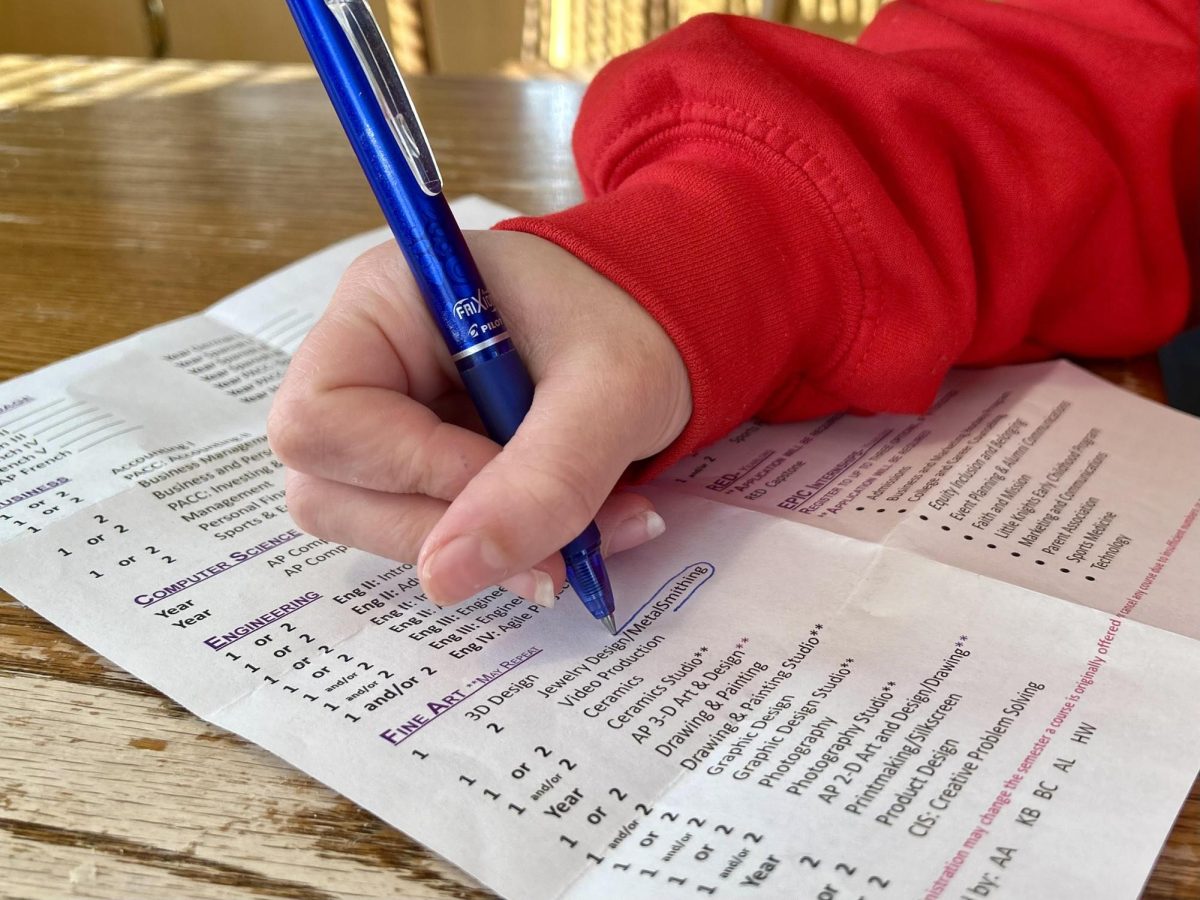
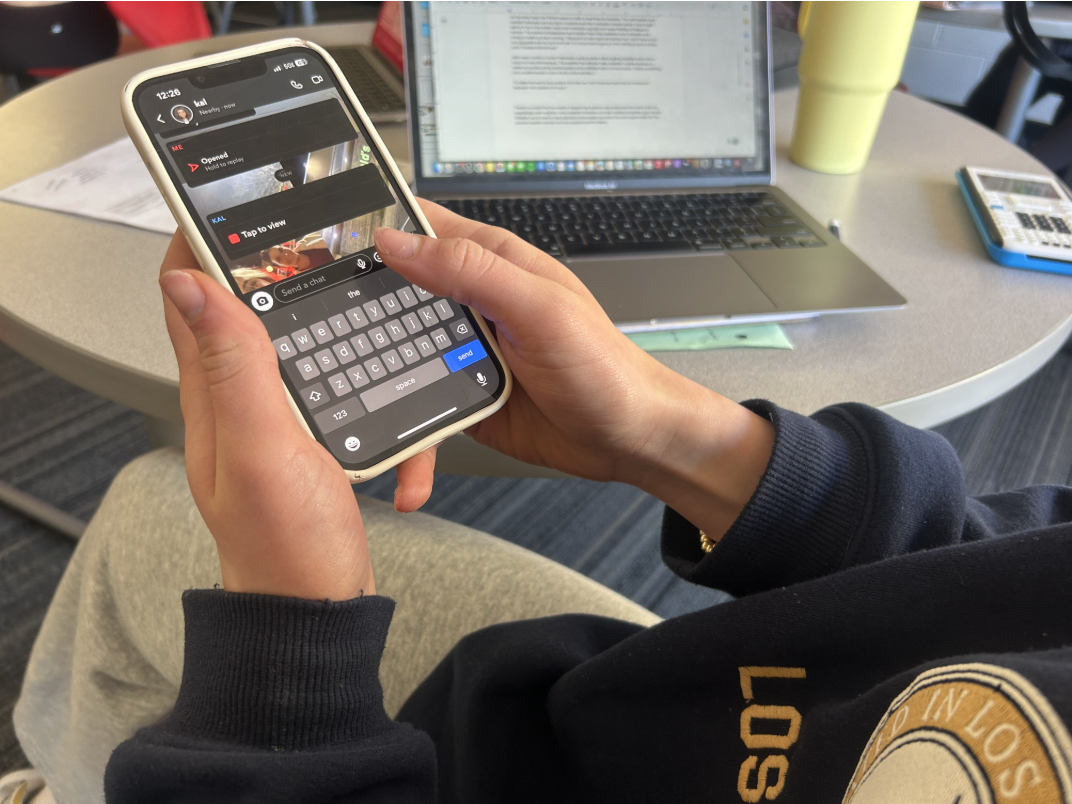

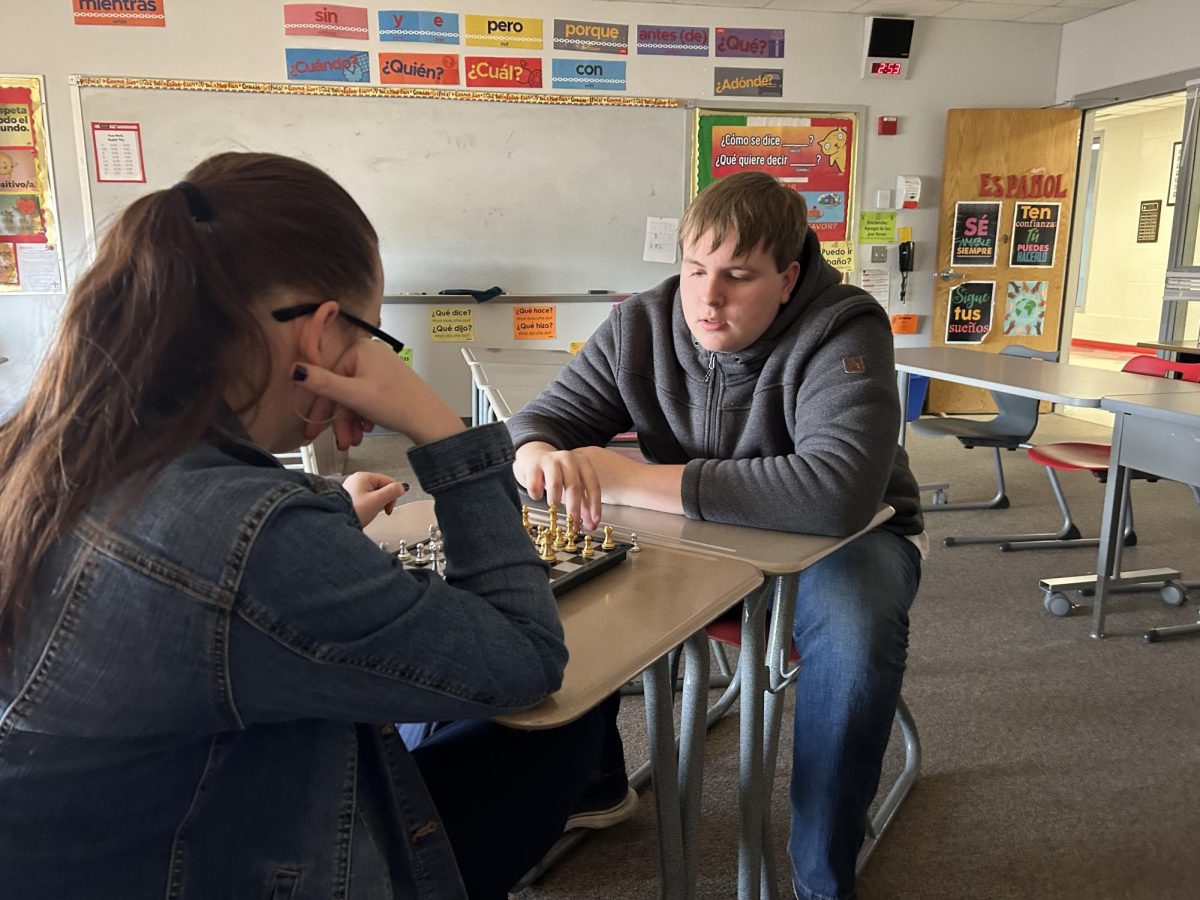

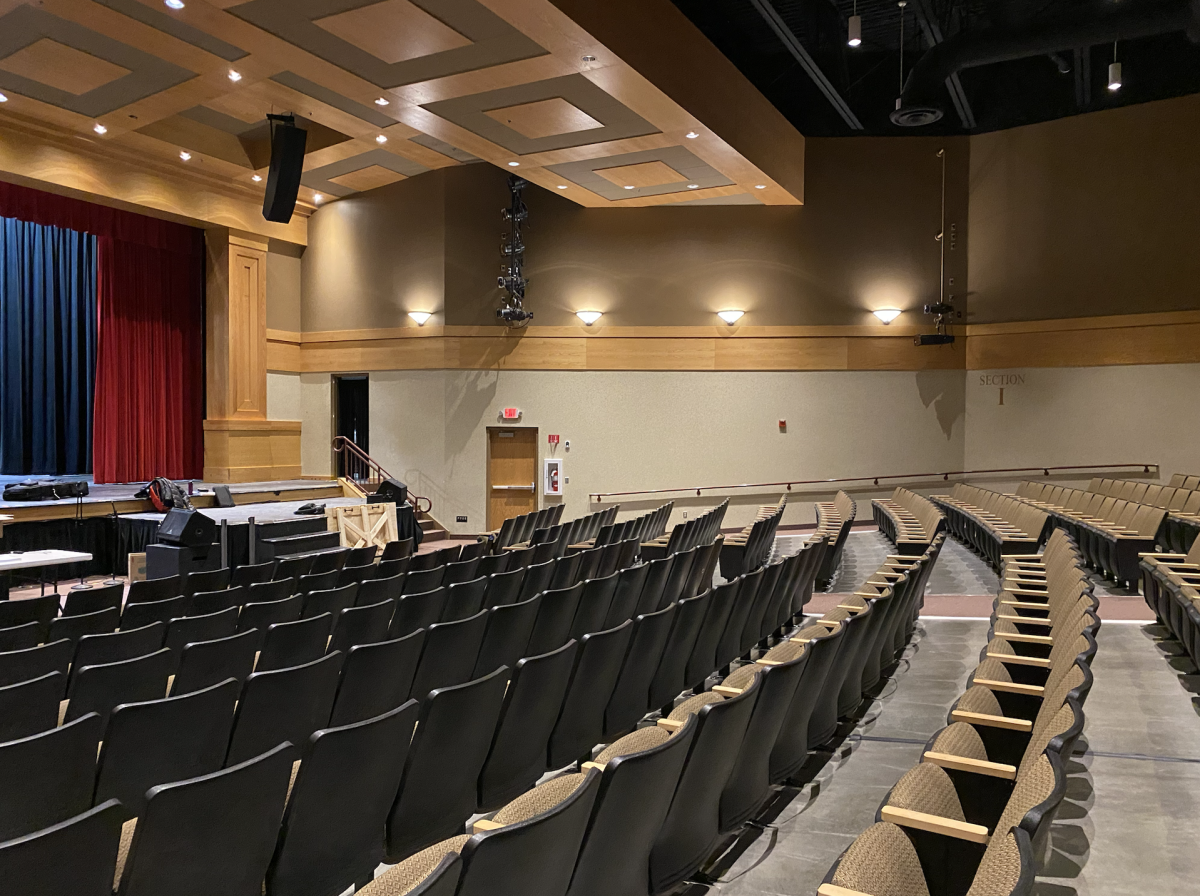


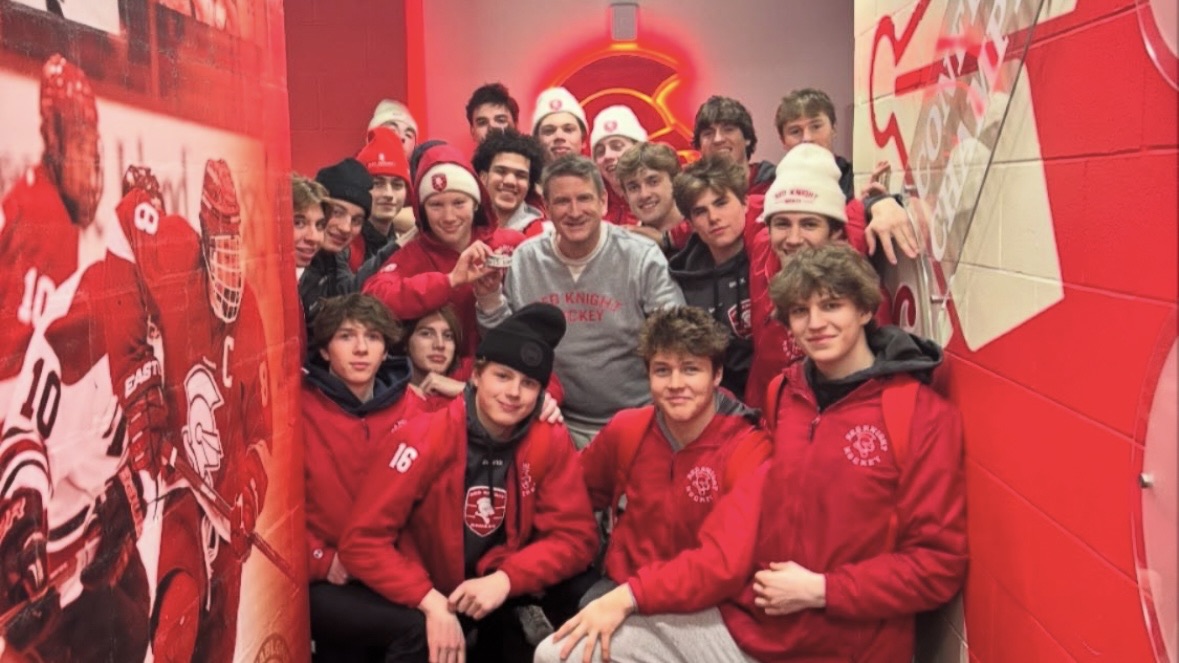
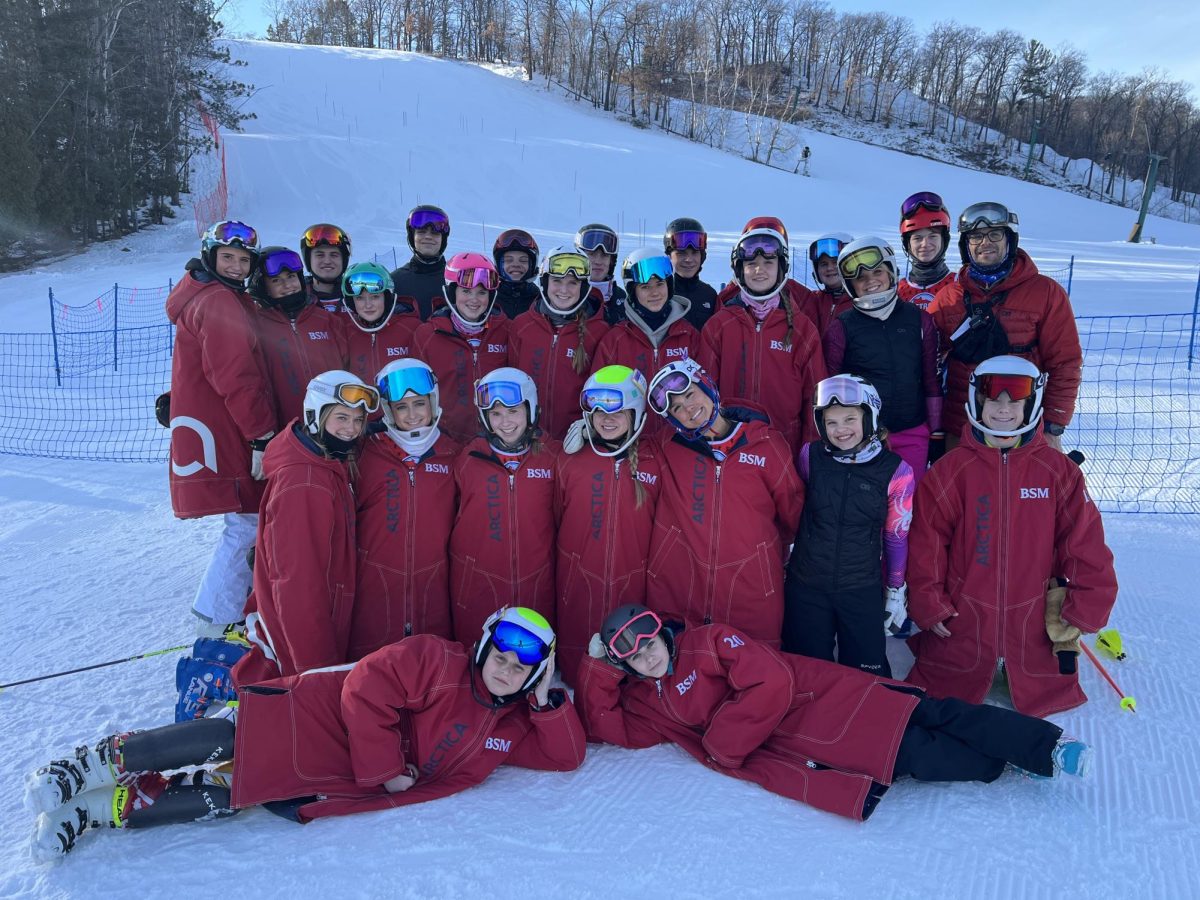
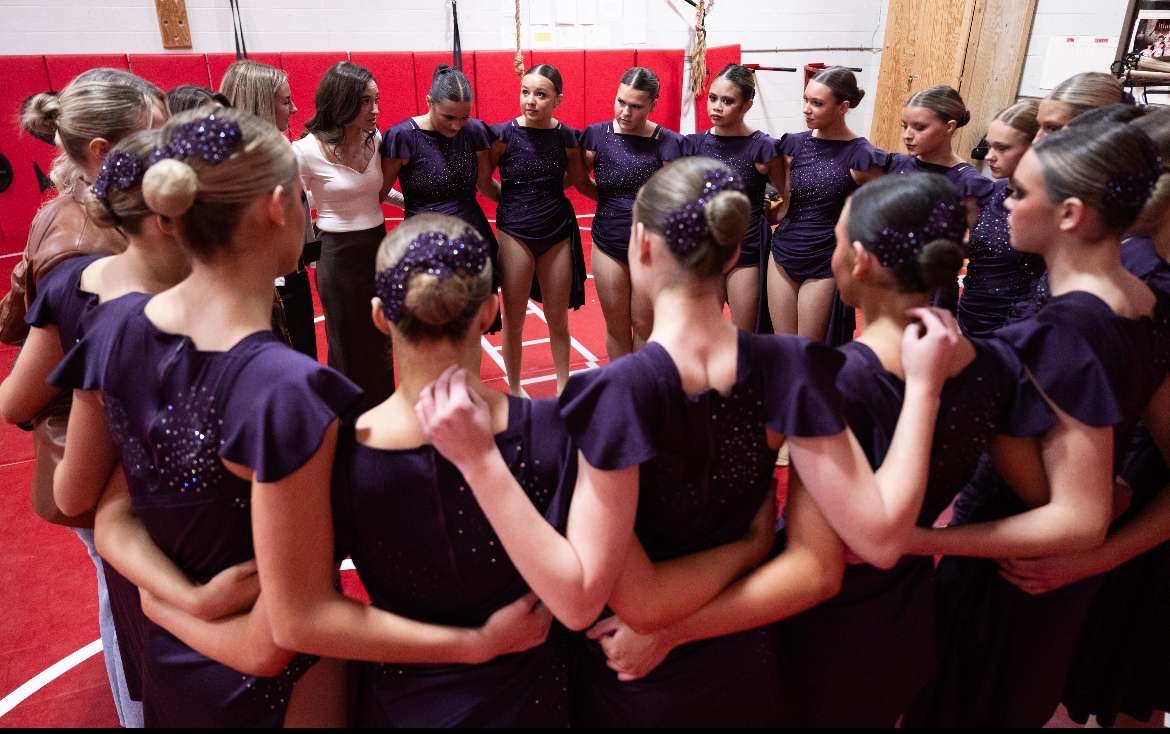






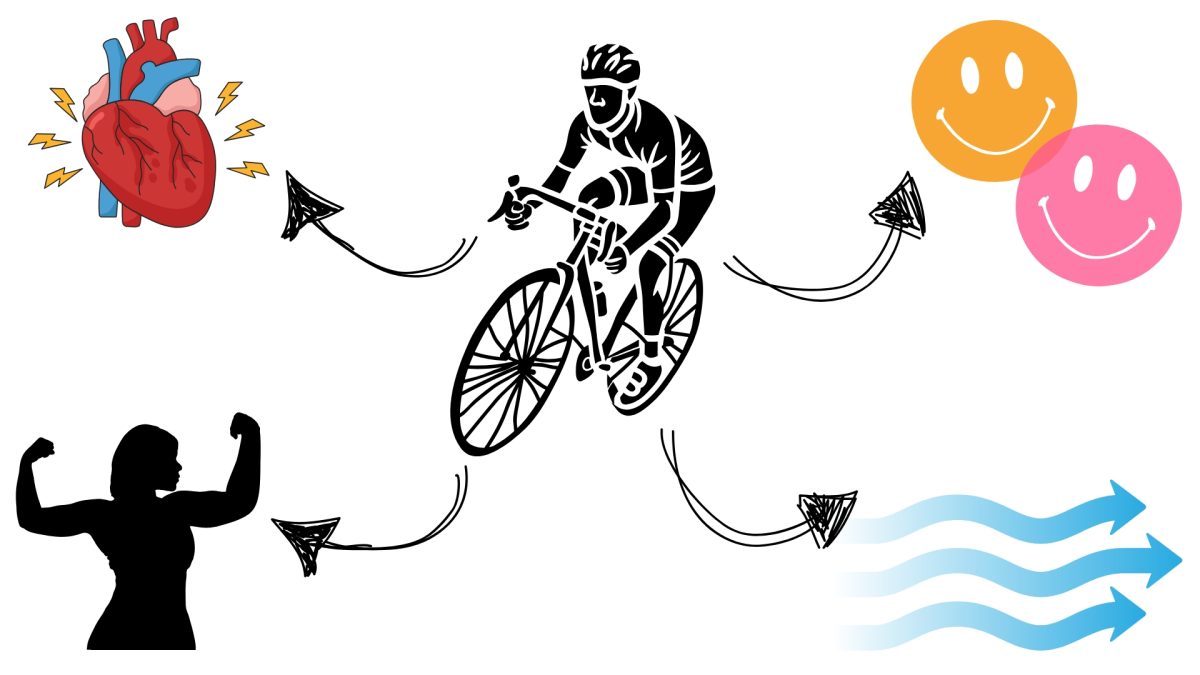
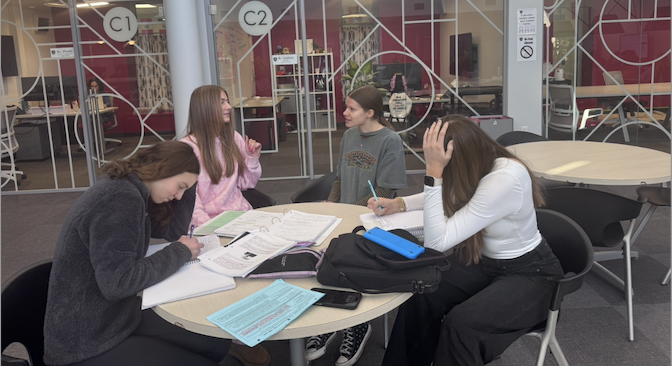

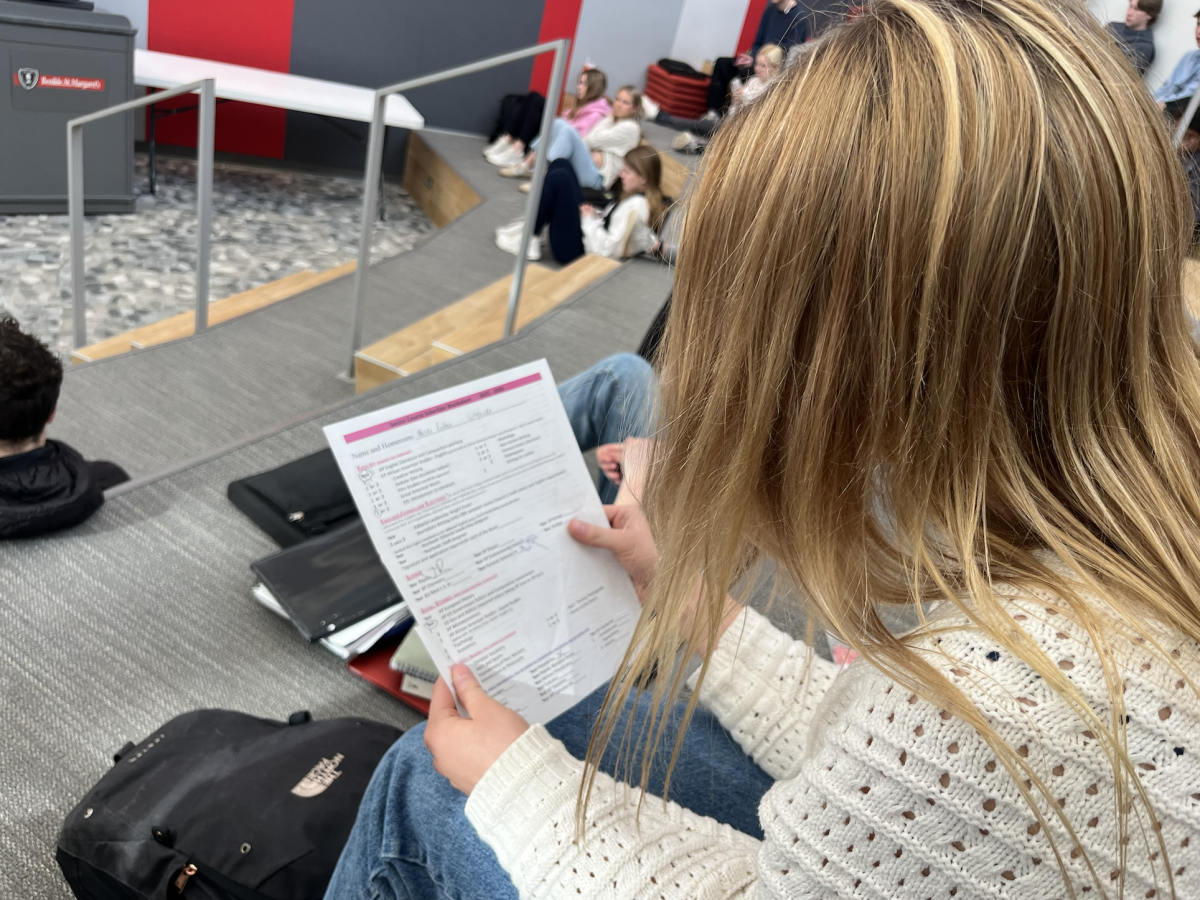



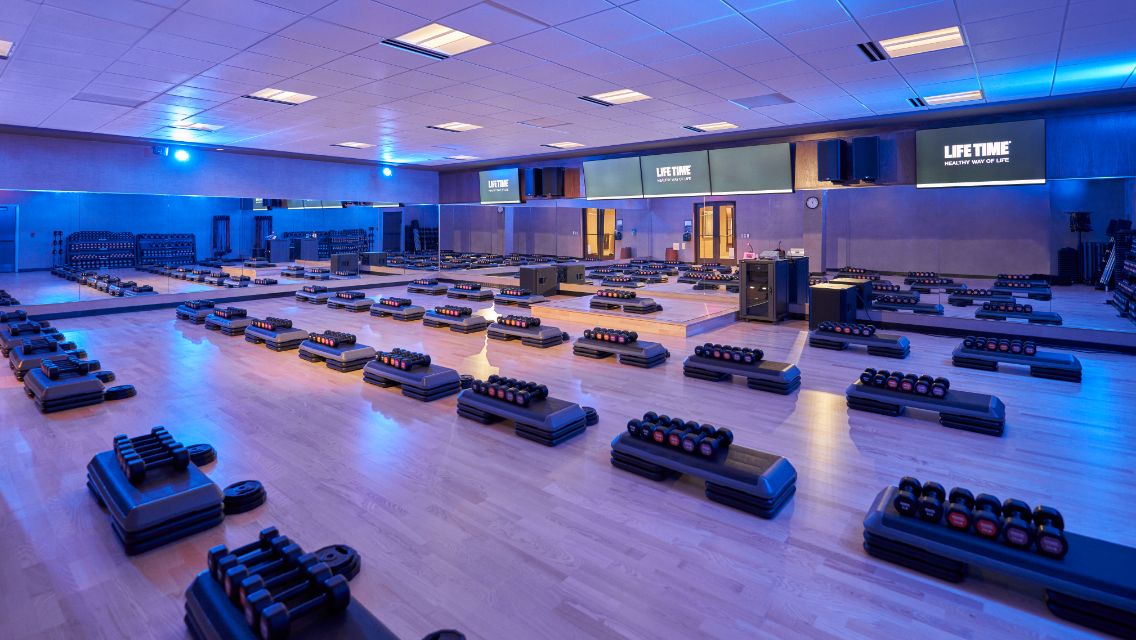






![Teacher Lore: Mr. Hillman [Podcast]](https://bsmknighterrant.org/wp-content/uploads/2025/03/teacherlorelogo-1200x685.png)




